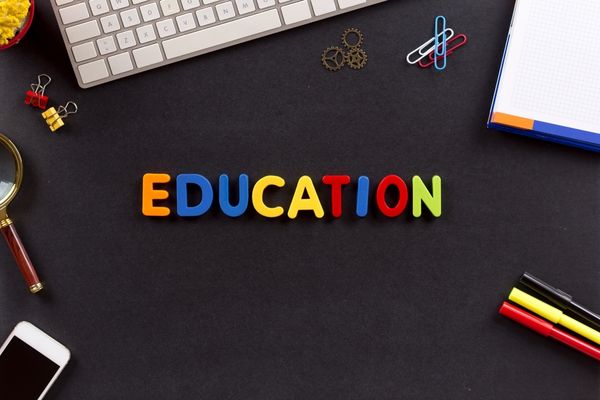Deadline: 23-Sep-2025
In Red Sea State, Sudan, the World Food Programme (WFP) is delivering a vital initiative aimed at improving child nutrition and educational outcomes through school meals and food assistance.
This integrated approach supports not only students in the classroom but also local communities and food producers across the region.
As part of the programme, WFP provides food commodities to schools, enabling them to serve daily cooked meals or offer take-home rations (THR) for students. These meals help tackle hunger among school-aged children, enhance their focus and learning ability, and encourage consistent attendance. In addition to immediate nutritional support, the meals contribute to the longer-term goal of retaining children in school and reducing dropout rates.
To ensure the programme’s sustainability, WFP facilitates the creation and training of parent-teacher associations. These groups, along with school staff, are equipped with the skills necessary to manage school feeding efficiently. Schools also benefit from a specially developed menu planner, offering cost-effective, nutritious meal options that meet dietary needs and align with available resources.
Beyond meal provision, the initiative focuses heavily on nutrition education. Students, teachers, parents, and school cooks participate in sessions that build awareness about healthy eating habits. The programme also uses Social and Behaviour Change Communication (SBCC) strategies to spread key nutrition and education messages throughout the community, fostering a stronger culture of wellness.
Monitoring and reporting systems are in place to track progress and ensure transparency. These systems support real-time decision-making and continuous improvement of the programme. Non-food items such as cooking utensils, storage containers, and hygiene supplies are also provided to help schools maintain safe and effective food preparation environments.
A key feature of the initiative is the use of the Home-Grown School Feeding (HGSF) model, which connects local smallholder farmers to the school food supply. This not only improves the quality and freshness of meals but also boosts the local economy by providing stable markets and income opportunities for producers and suppliers.
The expected outcomes of the programme include stabilized enrolment, improved attendance, and reduced gender disparities in primary education. It also contributes to enhanced livelihoods for local farmers and a stronger, more functional education sector within Red Sea State.
Through this comprehensive and community-centered approach, WFP is working to build a healthier, better-educated generation while fostering economic resilience and social inclusion across the Red Sea region.
For more information, visit UN Partner Portal.
